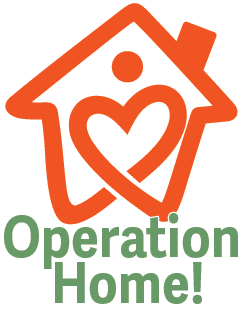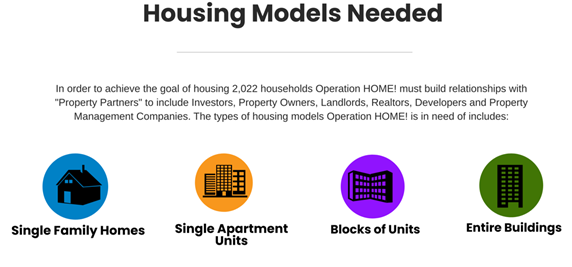Private citizens and donor groups with good intentions drop off donations and food in heavily populated homeless areas. These same areas house service organizations that provide for basic needs, including 3 free daily meals, showers, public restrooms, clothing, etc. Private donations are resulting in a number of problems for both the homeless individuals as well as taxpayers:
- Donations eventually lead to increased trash through discarded food items, packaging, and items too large or cumbersome for a homeless person to carry
- Food donations are not regulated and have resulted in sickness
- Street donations deter homeless clients from accessing services through structured organizations that not only provide food, but case management for housing, jobs, mental health, substance abuse, financial planning, public benefits, etc.
- Increased trash and waste in outdoor spaces have resulted in increased spending for local jurisdictions for cleaning costs.
Suggestions for Responsible Feeding/Donating:
- Partner with a local service organization for the distribution of items:
Many of our local nonprofits allow private groups to distribute food and other items through structured program opportunities. This gives the homeless the opportunity to access the donations while also accessing services that could increase their self sustainability long-term. - Partner with The Giving Project
The Giving Project is a monthly event with structured times and locations for the safe and orderly distribution of items to the homeless. For more information please contact catharine.minami@wellsfargo.com - Donate or volunteer for a local homeless service program
Current service providers always need assistance through monetary or in-kind donations, as well as service through structured volunteer activities. These donations build the capacity for our nonprofits to better serve local homeless clients. For volunteer opportunities, please go to www.volunteercentersn.org. - Plan for effectiveness, safety, and for cleanliness
Consider traffic, foodborne illnesses, allergies, trash & waste, and current access to services when considering what/when/where and how to donation
Southern Nevada thanks you for your service and consideration of these guidelines.


